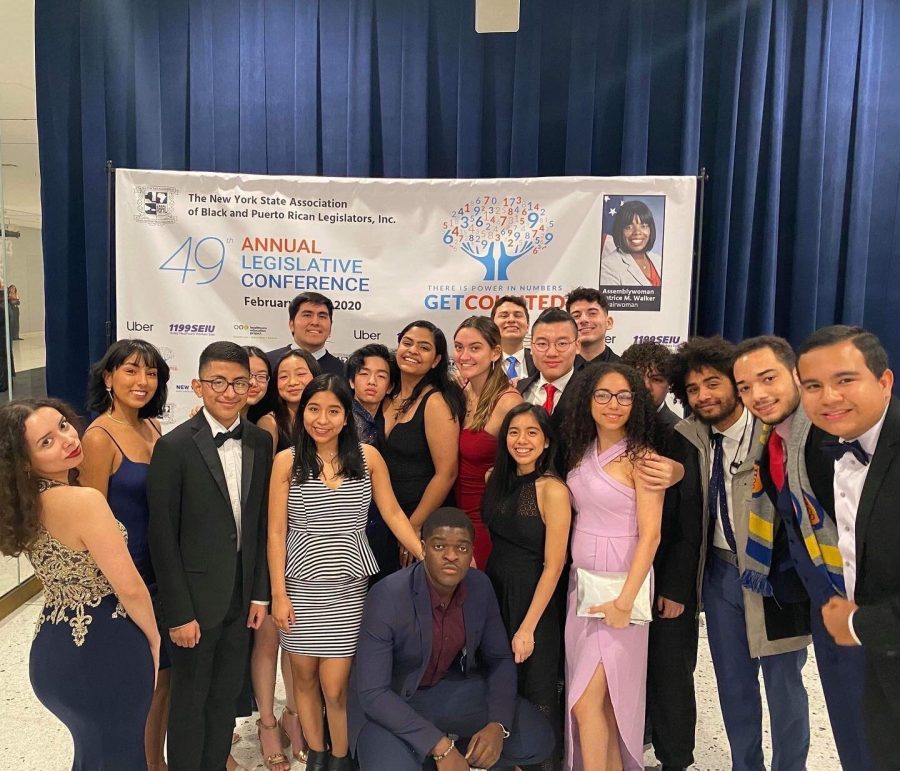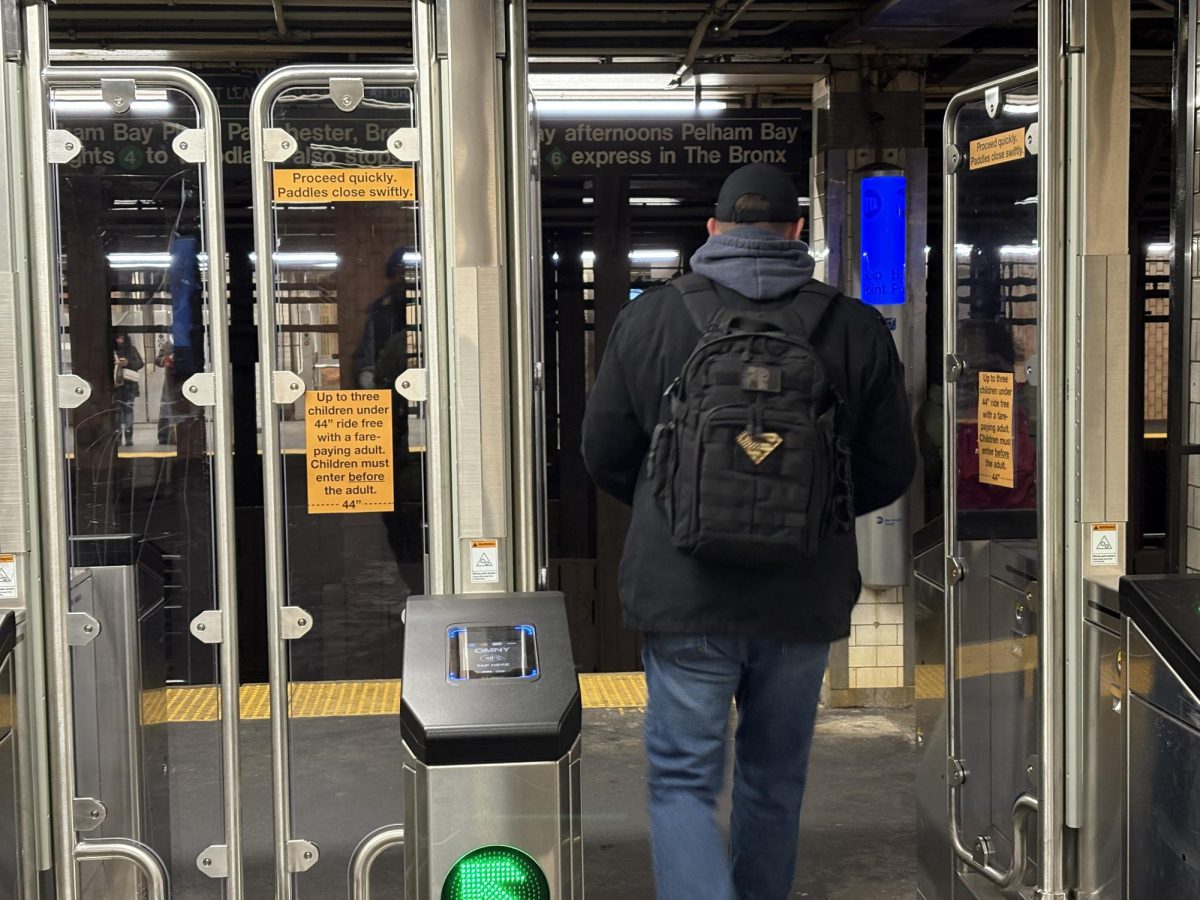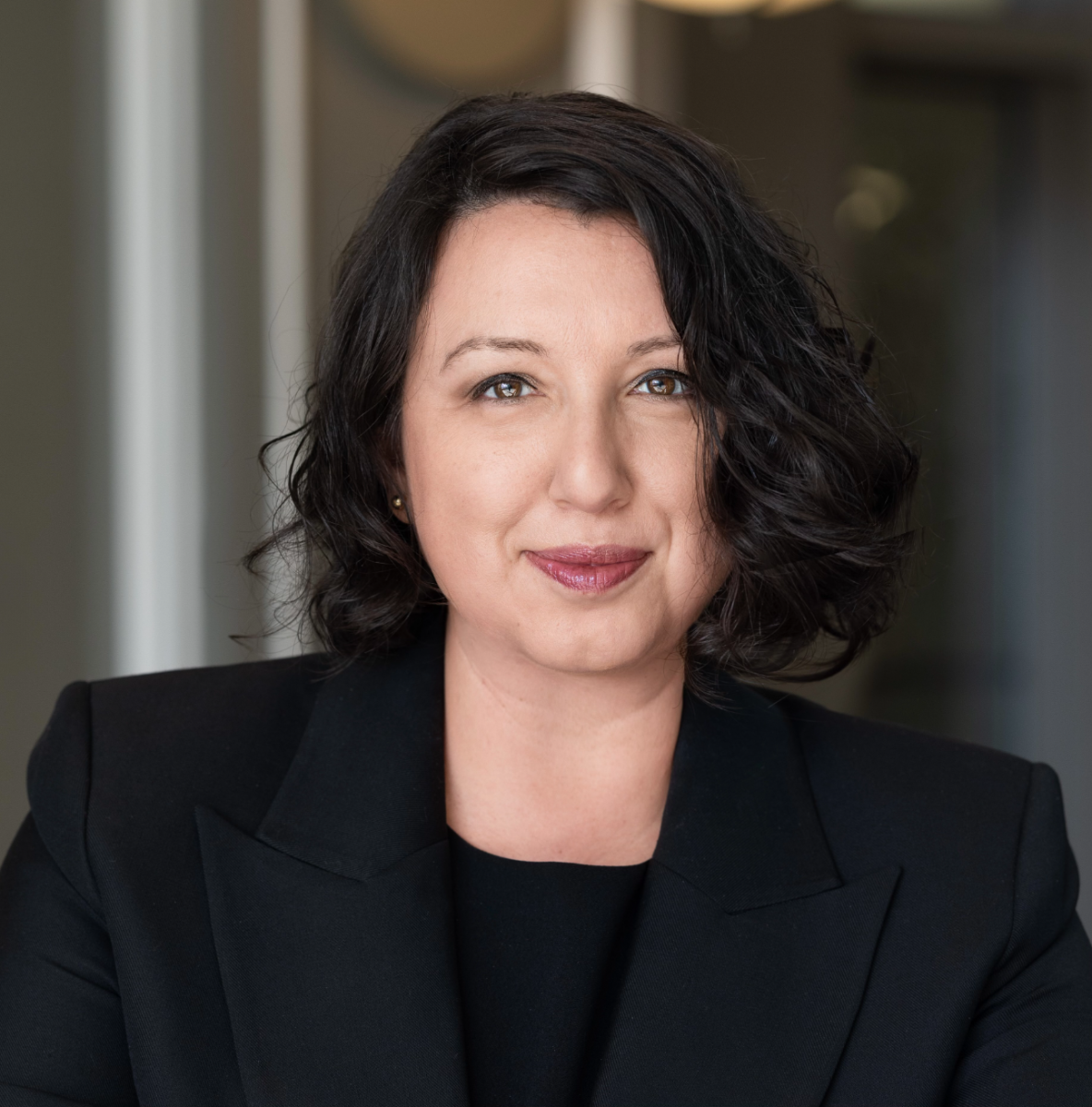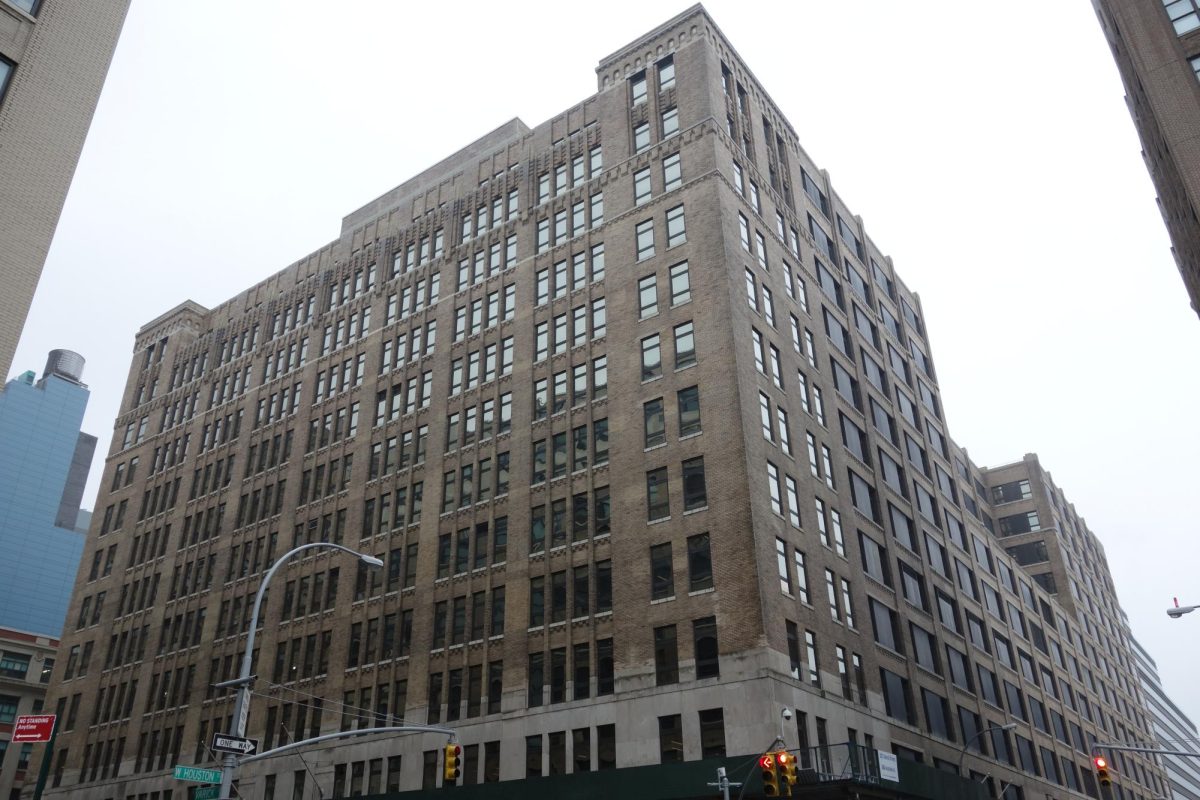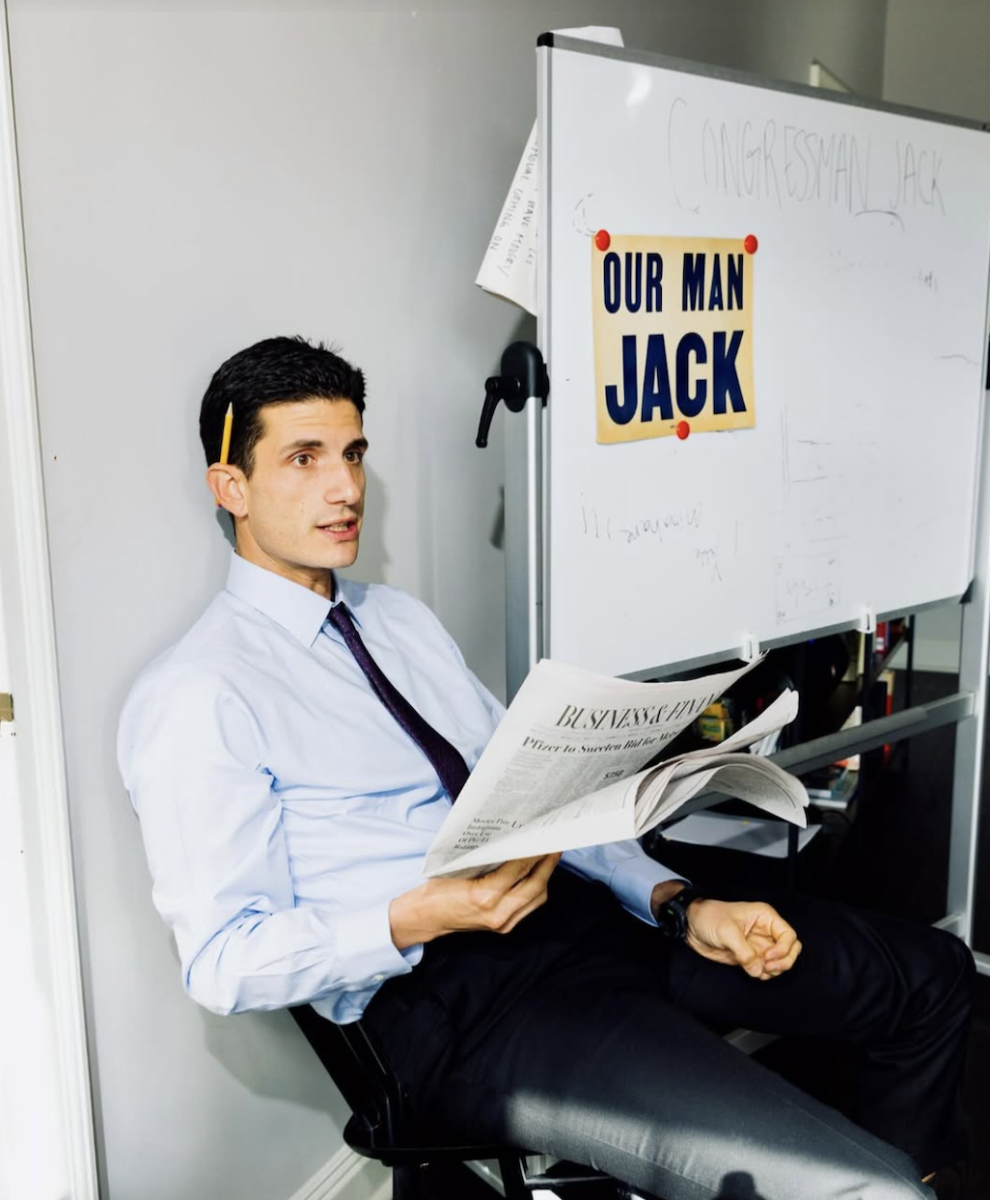In an interview with The Ticker, USG Executive Vice President Joshua Castillo explained that “a lot of the assembly people aren’t aware that the city doesn’t really fund CUNY like it should.” “Sometimes there are politicians who just are very removed from the student effort so they don’t really get it,” Kazdal added.
“Pretlow mentioned that right now he’s working on, like, a bill having to do with sports betting and stuff and he wanted, and he just seems very distracting,” Castillo said.
“But the point is, he says that a lot of the assembly people, they can’t address CUNY without also having to address SUNY because they are in Albany and they are like in the vicinity of the SUNYs. So, to us it’s like we’re the center of the world cause it’s New York City, but to the people over there, this is like a foreign fantasy island that they’re very detached from.”
According to Castillo, the issues the SUNY is facing do not equate to the issues present at CUNY.
“The demographic makeup of CUNY is a lot different, so if you look at CUNY, you know, at least of half the faces, there is some sort of food insecurity,” Castillo said. “Our backgrounds are not from higher socioeconomic statuses. We have people deciding between either going to class and missing out on making money to pay off rent or going to work and missing out on class. You can’t equate these issues but that’s what seems to be happening, at least in the Capitol.”
Niou, who represents New York’s 65th assembly district, however, expressed her support for CUNY and the delegates’ efforts beyond Caucus weekend.
In her re-election campaign kickoff party that took place on Feb. 24, Niou asked Kazdal and a few other delegates to speak and introduced them by saying, “I’m so excited for the future of our country because of these kids at Baruch,” Kazdal explained.
One of the things the delegates were complaining about was the lack of support they get from the Board of Trustees and how they have one actual CUNY student — Timothy Hunter, who is the current chairperson for the University Student Senate — representing their concerns.
“It’s ridiculous because that whole board is deciding, you know, how much we’re paying for tuition and whatnot,” Castillo said.
To this, Niou told the delegates about the power of legislation.
“She said that while we’re out here, you know, lobbying, advocating, screaming, shut it down, where we’re very much like a, against the Board of Trustees; she was telling us about how powerful it could be to like go from the inside out rather than outside in,” explained Castillo.
“We can’t really get into it cause it’s really preliminary, but it’s continuing the same energy and collaborating with student organizations such as CUNY rising, working on the more administrative side with the projects we have behind the scenes,” Kazdal said when asked what the delegation’s next steps are in terms of continuing to lobby for CUNY and if there is a dollar amount she is trying to reach.
The delegates are looking at about $36 million just off the tuition increase in addition to capital funding for the 23rd Street building, which is a separate project of its own.
“So, the chancellor and I, we ran into each other as a group and we were speaking and he asked me how in general it’s going,” Kazdal said. “I said, you know, it’s good except, I have six classes in a building that’s practically rotting. And I told him you know, you try to fight the food insecurity issue CUNY wide, but you keep increasing the tuition, which just seems so counterintuitive. So, I just don’t understand how that, those things happen. And then he told me, find me $36 million and maybe I’ll start addressing it. That was the dollar figure he gave.”
CUNY can only come to see fruition in their lobbying efforts by following through and being civically engaged, as Kazdal mentioned.


